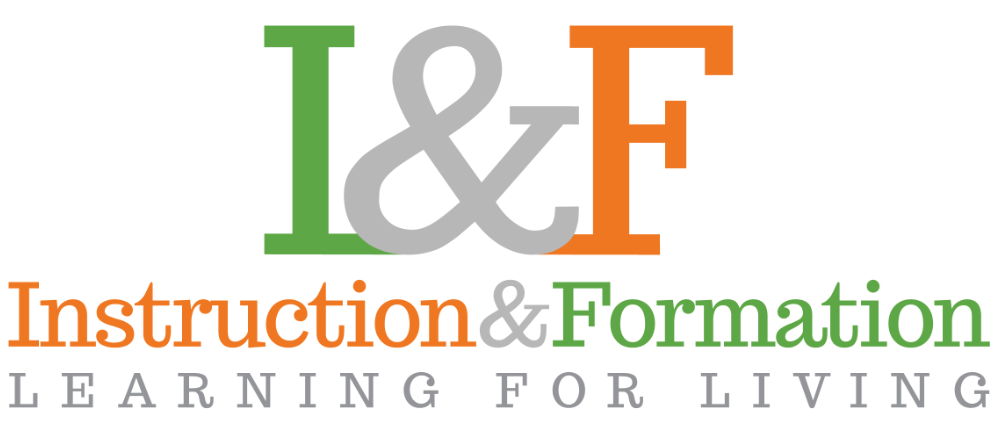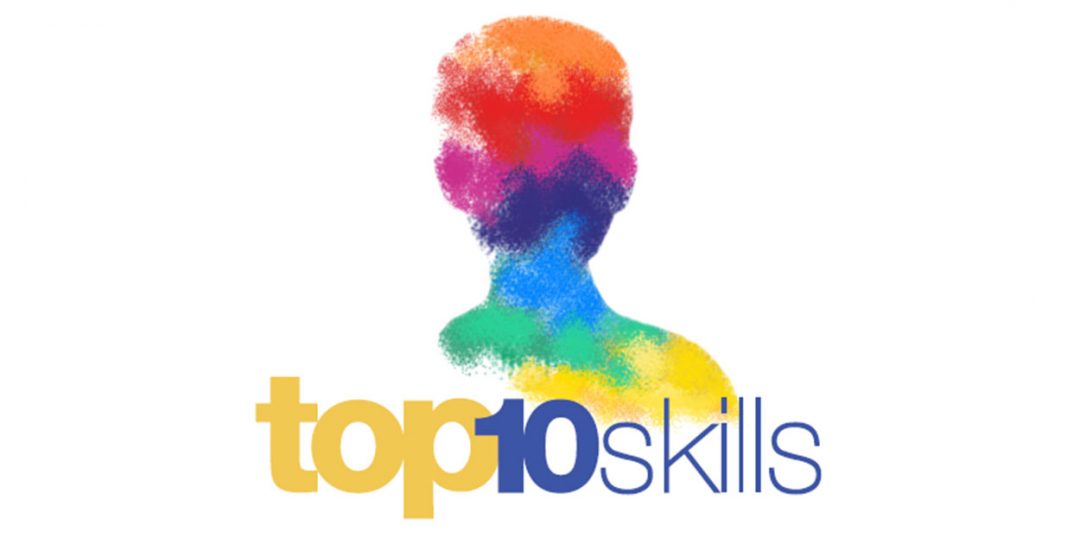The way we work is changing and also the way we search for a new job is changing. Strategies, tools and skills required, used and needed have suffered a massive evolution in last years. Old strategies and skills are giving place to new ones, in a context where even the concept of intelligence or competence (the capacity, knowledge or ability we acquire to solve a problem) has changed. And obviously, this has affected the working world, independently of the field we are referring to. Nowadays, more than ever, it is not so important how much you know, but what you can do with all that stuff, how you do it, how you share it, how your teamwork is, how you impact in your customers…
In fact, the World Economic Forum (in short, WEF) has published the report The Future of Jobs. Employment, Skills and Workforce Strategy for the Fourth Industrial Revolution, which makes a comparison between the skills demanded by employers in 2015 and 2020, and sets that on average, by 2020, more than a third of the desired core skill sets of most occupations will be comprised of skills that are not yet considered crucial to the job today. Overall, social skills -such as persuasion, emotional intelligence and teaching others- will be in higher demand across industries than narrow technical skills, which will need to be supplemented with strong social and collaboration skills. Those skills predicted by the WEF are:
1. Complex problema solving
2. Critical thinking
3. Creativity
4. People management
5. Coordinating with others
6. Emotional Intelligence
7. Judgement and Decision making
8. Service orientation
9. Negotiation
10. Cognitive flexibility
The World Economic Forum is a nonprofit foundation whose mission is the improvement of the state of the world by engaging business, political, academic, and other leaders of society to shape global, regional, and industry agendas. It develops remarkable studies and reports advancing changes and transformations in any economic or social context, and The Future of Jobs shows a new scenario in a very short term.
This is the field for the development of Emotional Intelligence, cognitive flexibility and their development of social skills in the work world, those social skills the market is demanding today and which will be basic for workers, but also for companies, organizations and entrepreneurs in the next decade. Emotional Intelligence (in short, EI) is, according to Daniel Goleman, professor in the University of Harvard- “the capacity for recognizing our own feelings and those of others, for motivating ourselves, and for managing emotions well in ourselves and in our relationships.” Or, as Maurice Elias, Rutgers University psychology professor, puts it, “It’s the set of abilities that helps us get along in life with other people in all kinds of life situations”.
Recent research has shown that, at the executive and professional level, emotional intelligence (EI) or EQ (Emotional Quotient, as it is often called) is a better predictor of success than IQ (Intelligence Quotient), a concept joined to a mere academic concept or the purely cognitive capacities which usually distinguished between more or less intelligent individuals. This fact has also to do with the WEF report, which emphasizes the importance of cognitive flexibility as one of the key skills for workers in the next decade.
In many industries and countries, including the European Union, the most in-demand occupations or specialties did not exist 10 or even five years ago, and the pace of change is set to accelerate. By one popular estimate, 65% of children entering primary school today will ultimately end up working in completely new job types that do not yet exist. In such a rapidly evolving employment landscape, the ability to anticipate and prepare for future skills requirements, job content and the aggregate effect on employment is increasingly critical for companies, governments and individuals in order to fully seize the opportunities presented by these trends and to mitigate undesirable outcomes.
These figures are especially applicable to long term unemployed or low skilled adults which need to adapt themselves to a new work context full of transversal competences at any sector and at any level. This is a mayor focus point in the European Union, with an average unemployment rate of 8.9% (Eurostat, January 2016) which goes up over 25% in countries as Spain or Greece, and averages rates of 25% in youth unemployment (up to 40% in the mentioned Mediterranean countries).
Work today is increasingly collaborative and focused on solving complex problems in creative ways. The problem is that none of these skills are easy to learn alone, online, or without effort. They take practice, and they demand rich, human interactions, and here is where TOP 10 2020 wants to focus, thinking in a pyramidal structure which touches workers, employers and also trainers in these new and essential social skills.
For further information, please visit: http://www.topten2020.eu/


